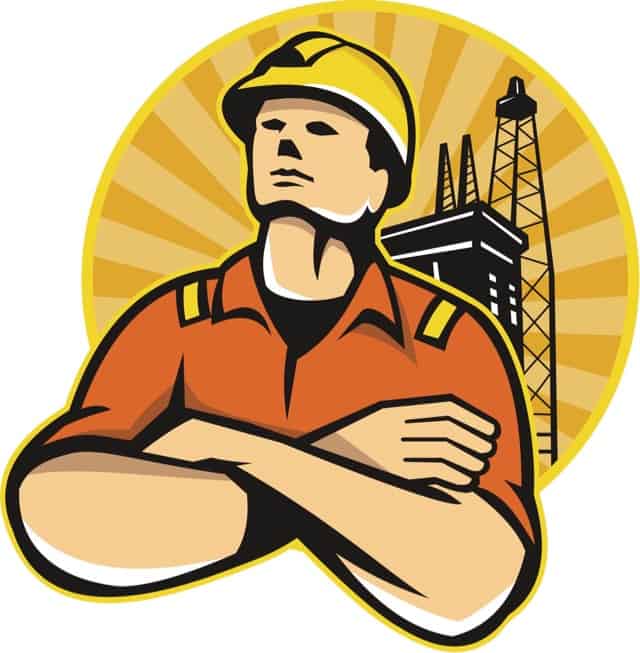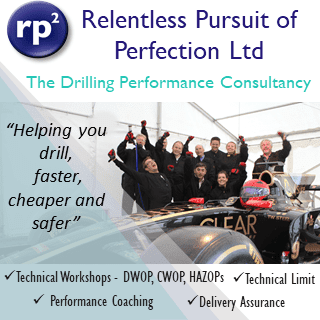Long gone are the get-rich-quick days when anyone could jump on the O+G bandwagon and count on a high rate of return on an investment lacking education or experience.
It’s said that knowledge is power, and nowhere is that more true than in O+G. Do you know your stuff? Better yet, do you know how to leverage that understanding?
“My formula for success? Rise early, work late, strike oil.” Jean Paul Getty
Getty’s advice is still valid, with one caveat: think unconventional energy resources. Transformation doesn’t occur when you know your job. It happens when you are skilled in your position, and the one above yours. Think about the current climate. In the US, we are entering an era of pro-energy. While there is a huge push to move to alternative fuel sources, worldwide energy needs demand that fossil fuels remain an integral part of the equation. The answers may reside a little closer to home in engineering jobs related to shale and other low permeability developments.
Let’s look at the second part of that equation. It’s the people. Senior members of the O+G industry are heading into retirement. While there’s been some progress made in partnering with higher education to infuse the workforce, it will take time. Add to that low crude oil prices scaring off potential hires, and it’s easy to see why O+G personnel are critical to capital gains.
So, what can you do? You, personally. Realize it’s a long-term prospect; don’t focus on turning a fast buck. You’ll be disappointed. Develop a “passion for the craft” recommends long-time O+G man David Vaucher. “Learn new things and prove you’re worth keeping.” Education and experience slant the odds in your favor if you’re looking to go from job seeker to job creator. Read, learn and breathe new information.
In terms of shale expansion, that means looking for new ways to increase efficiency. The way it’s always been done is an outmoded model, and concerns with climate change and transportation alternatives mean that the industry has to start thinking outside the box. While there will always be a certain number of long-term, massive projects, there is an influx of short-cycle unconventional projects as well.
A typical career path in O+G can start in the mud and head upward. A college education can provide a different starting rung on the ladder, but the skill requirements remain the same. Take a look at your current job, or your resume, and see how you measure up. You may be surprised to note that you actually have a lot of what the industry needs and values.
- Project Management – In your specialty, do you step up and keep abreast of the big picture? Do you know how your piece of the puzzle fits in and benefits the project as a whole?
- Grace Under Pressure – Get in, get it done, do it well, regardless of the situation. Can you be counted on in an emergency?
- Environmental Challenge – Can you thrive in an unusual environment? Can you perform well even if the environment isn’t ideal?
- Large Contracts – Have you been part of a large contract? As in Project Management, are you able to visualize the end game?
- Technical Challenge – Do you keep up-to-date on new technology in your business? Are you confident and capable of working with current technology in your area?
- Health/Safety/Environment – Do you adhere to protocols? Are you up-to-date on education?
- Experience – Are you the one others look to with questions or concerns?
If you find you’re lacking in any of these areas, it’s time to step up and address. Moving up from job seeker to job creator isn’t simply a matter of waiting your turn. It’s actively working to gain experience and skills that make you valuable. It is a mindset and something that doesn’t necessarily come quickly.
It’s paying attention and learning from those around you. It’s true in any industry. A coal miner, John Measic, began working at age 14 in a Pennsylvania mine. He progressed through the ranks to a position he liked, working on the machinery of the mine. For years, he served as a repository of information and his opinion and expertise was sought after by college graduates trying to advance. They recognized the value in learning from someone who had literally spent his entire life in the industry. Look for resources that can share their knowledge.
Once you have the knowledge, or recognize that you’ve had it all along, you need to make it known. Apply for that position that opens up. Be prepared to address the company’s needs and wants with a list of your skills that illustrate you’re ready and able to move to the next level.
“Where oil is first found is in the minds of men.” Wallace Pratt
It isn’t enough to stand by silently, waiting for recognition and the next promotion. Part of your job, if you want advance, is to be willing to speak up and claim the experience and skills needed for the next step. Make certain you’ve invested the time and energy to acquire valued traits; false bravado is instantly revealed on the job site and judged accordingly.
Jobs are making a recovery from the devastation of 2015. According to a report by UPI, Norway posted 600 O+G vacancies in the fourth quarter of 2016, up from 200 in that same quarter of 2015. Securing a traditional job shouldn’t be seen as the end, but as a new beginning and an opportunity to immerse yourself in an industry that is continually moving forward. John England, vice chair and US energies and resources leader for Deloitte is optimistic about 2017. “The oil and gas industry is incredibly resilient and has some of the brightest, most innovative people I have ever met.”
These are the industries that built modern civilization. They are also industries where an employee can literally begin in the mud and rise to leader. It is accomplished now as it was always: work hard, work smart and look to shape the future of the industry.




